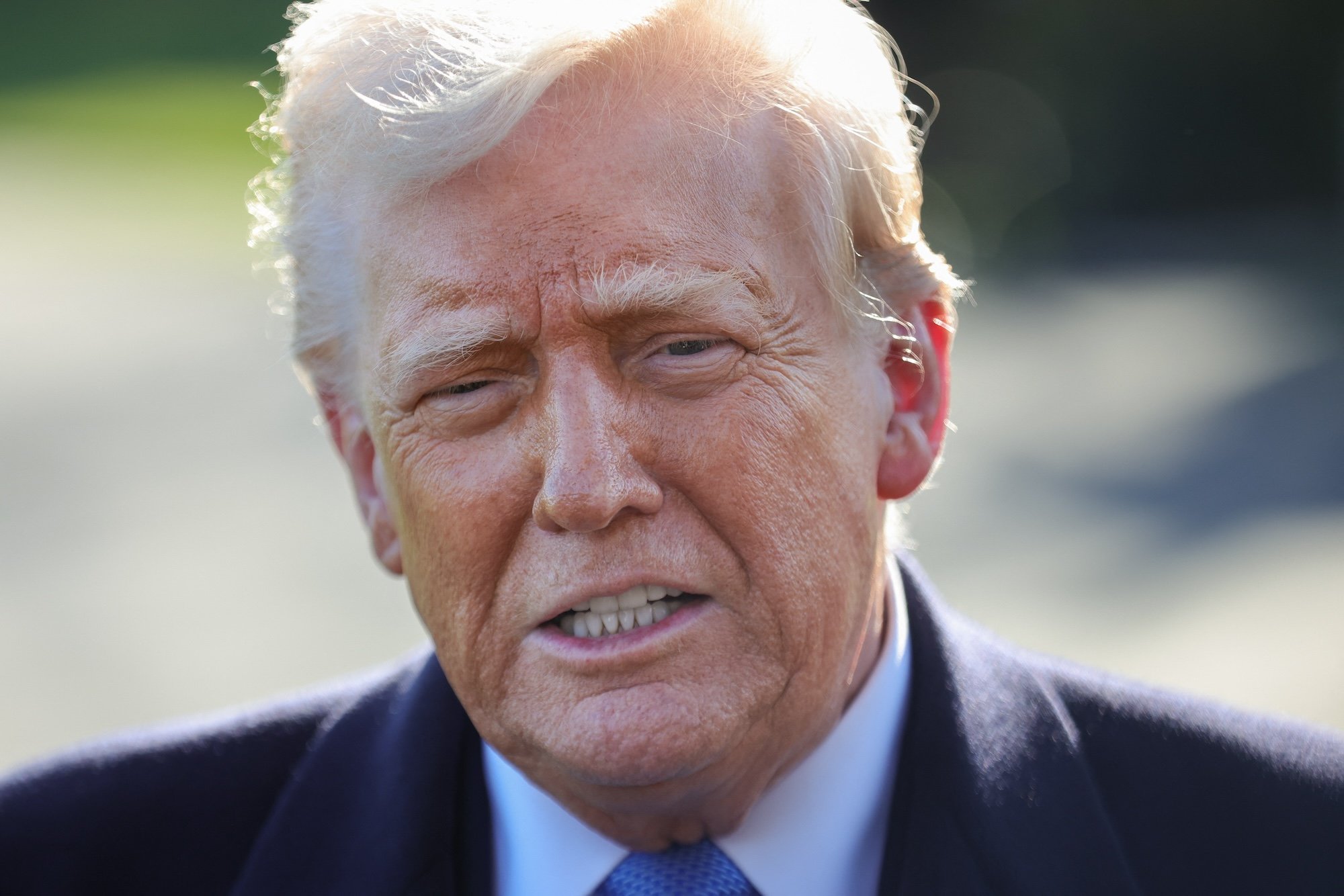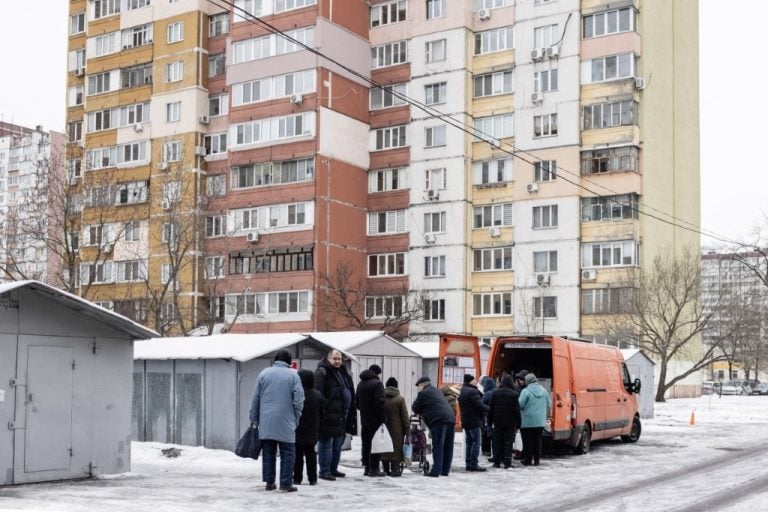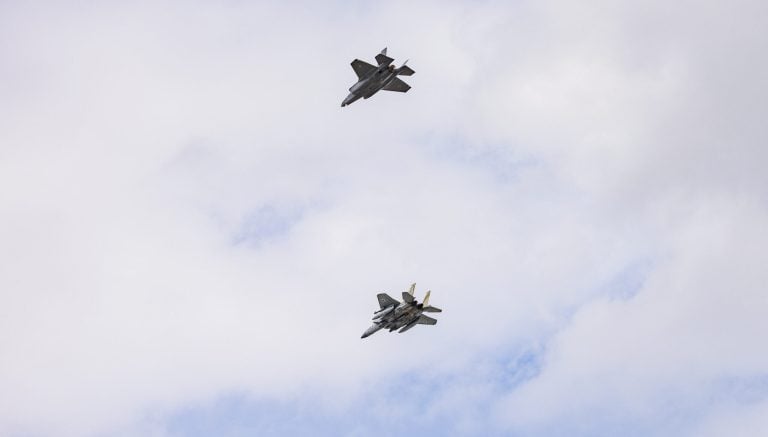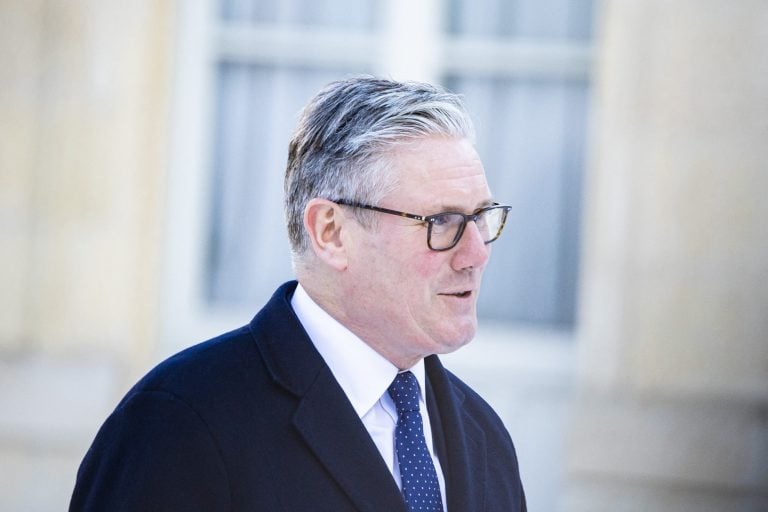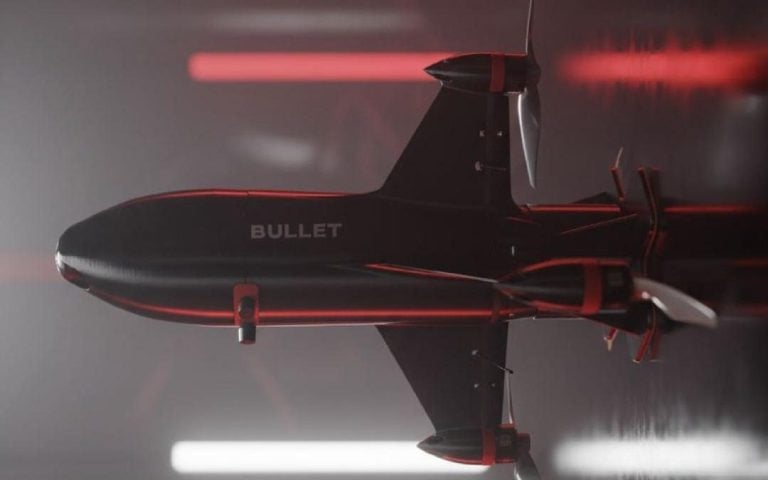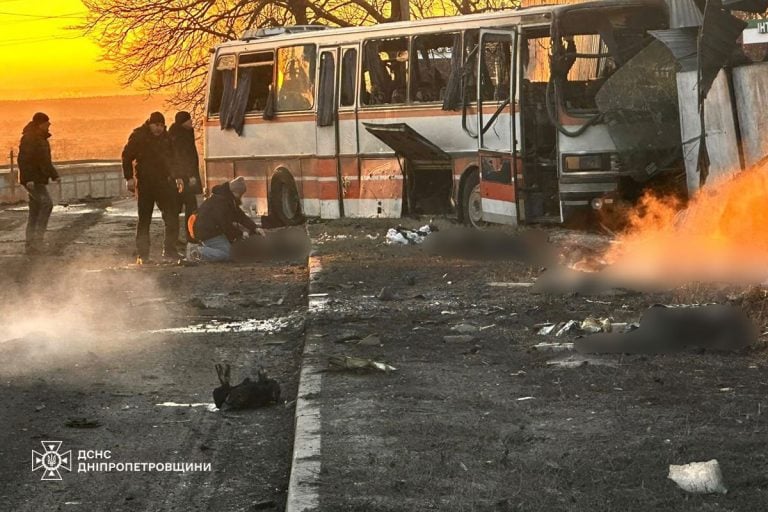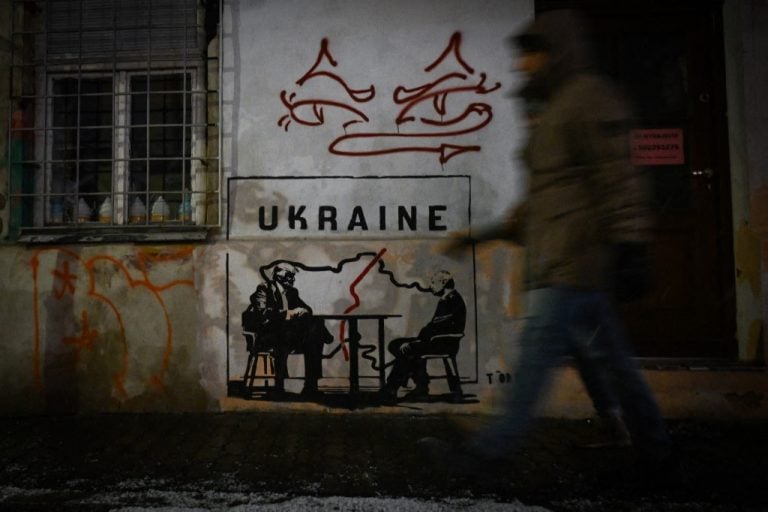In a recent statement, US President Donald Trump expressed his belief that Ukrainian President Volodymyr Zelensky might be open to conceding Crimea to Russia as part of a potential ceasefire agreement, highlighting a significant shift in ongoing diplomatic discussions. As talks aimed at brokering peace intensify, Trump’s remarks come during what has been labeled a critical week for negotiations.
Trump’s comments were made after a notable meeting with Zelensky during the funeral of Pope Francis, signaling a thaw in relations following previous tensions between the US and Ukrainian leaders. When asked if he believed Zelensky was willing to “give up” Crimea, Trump responded affirmatively, despite Zelensky’s consistent stance against any territorial concessions. The discussion during their Vatican meeting reportedly touched on the contentious status of Crimea, which Russia annexed in 2014.
Since assuming office, Trump has sought to re-engage with the crisis, emphasizing a desire for a resolution to the conflict that has engulfed Ukraine due to Russia’s full-scale invasion beginning in February 2022. His approach has generated concerns among Kyiv and its Western allies regarding a perceived shift toward accepting Moscow’s narratives. Nevertheless, Trump has recently exhibited growing impatience with Russian President Vladimir Putin, urging him to cease hostilities and finalize a peace agreement.
“I want him to stop shooting, sit down, and sign a deal,” Trump declared emphatically when asked about his expectations from Putin, indicating that a framework for a potential agreement is within reach, contingent upon swift progress in negotiations. The White House has mentioned a possible reevaluation of its role as a mediator if rapid advancements do not materialize soon, with Trump suggesting a two-week timeline for meaningful developments.
US Secretary of State Marco Rubio reinforced the critical nature of the upcoming days, acknowledging that while progress is evident, further negotiations are necessary. Despite a sense of urgency, US officials express frustration regarding the drawn-out conflict, which has caused widespread devastation across eastern Ukraine and resulted in numerous casualties.
As part of ongoing military actions, Ukraine has executed significant drone strikes within Russia’s Bryansk region, further escalating tensions in the region. Although Washington has not disclosed the specifics of its proposed peace initiative, reports suggest a potential deal could involve freezing front lines and recognizing Russian control of Crimea in exchange for an end to hostilities.
In response to Trump’s suggestions, Germany’s Defense Minister Boris Pistorius urged caution, asserting that while Ukraine might have to consider certain territorial concessions, these should not extend to the breadth outlined in the US proposal. The situation is complicated further by European leaders expressing a desire for a greater role in mediation efforts, with notable figures like French President Emmanuel Macron and British Prime Minister Keir Starmer participating in discussions.
In parallel, Rubio recently engaged in dialogue with Russia’s Foreign Minister Sergei Lavrov, who acknowledged the emergence of conditions conducive to initiating long-term peace negotiations. However, Russia continues to assert its claims over the territories acquired since the invasion and demands the demilitarization of Ukraine.
The conflict has also drawn global attention, with North Korea confirming troop deployments to Russia’s Kursk region, claiming contributions to Moscow’s territorial advances. Amid this backdrop, Zelensky affirmed that Ukraine’s forces are actively maintaining their positions within Russian-held territories, underscoring the ongoing volatility and complexities surrounding the negotiations.
